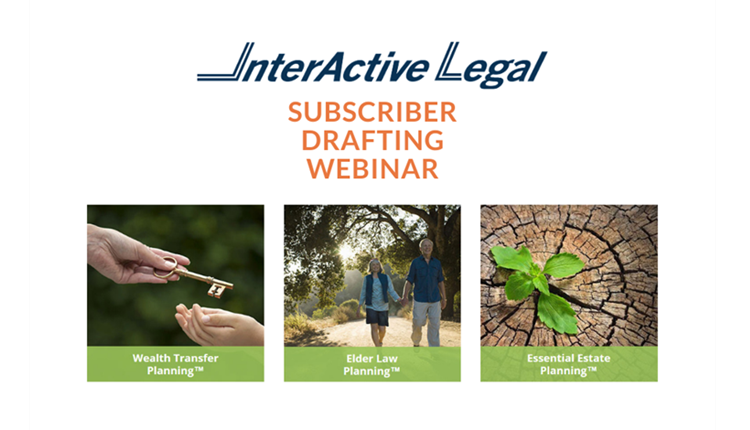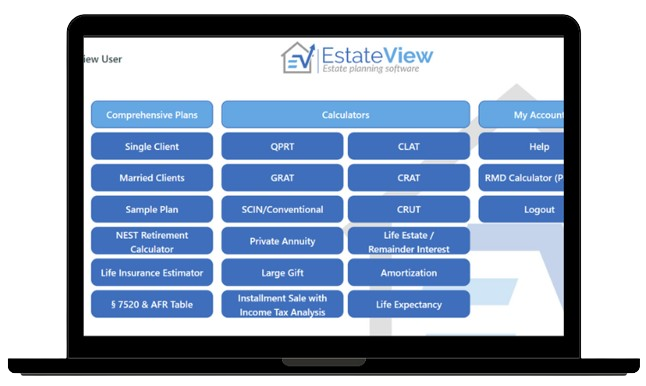Frequently Asked Questions and Answers
The first Subscriber Drafting Webinar for 2025 will focus on what we feel is most important to our subscribers – answers to your questions. We will start off by covering a group of questions that we are asked most often and then take as many questions live from the audience as possible. Subscribers can also submit questions in advance by emailing them to [email protected].










